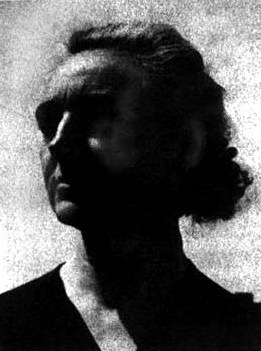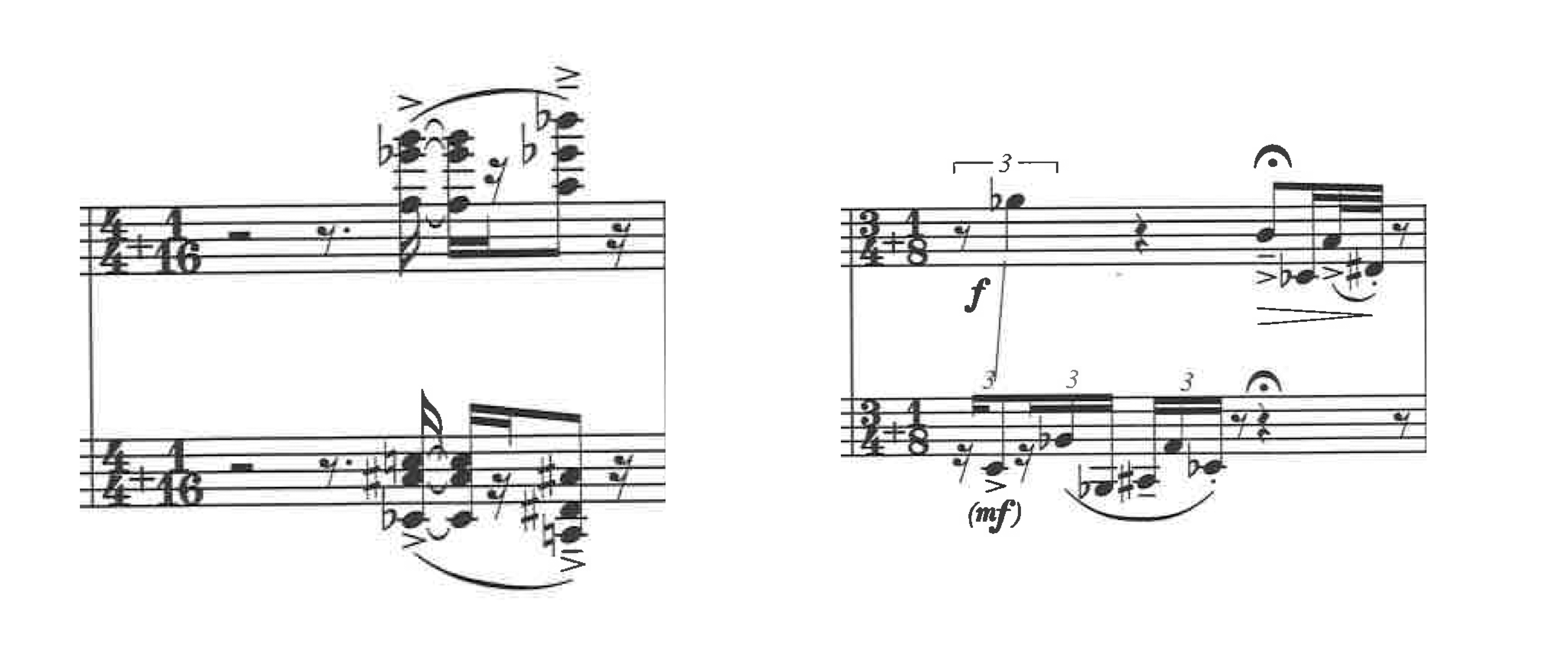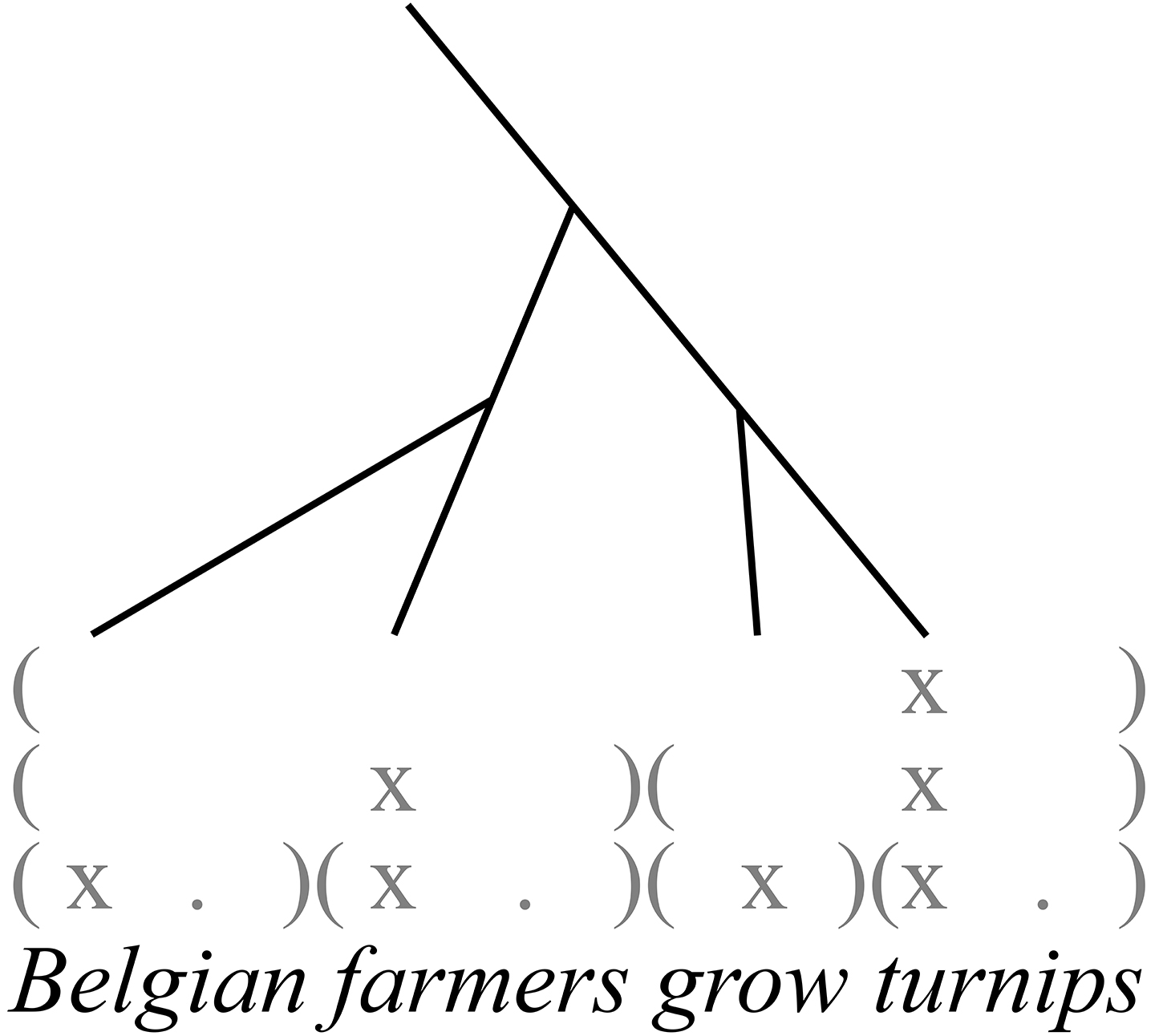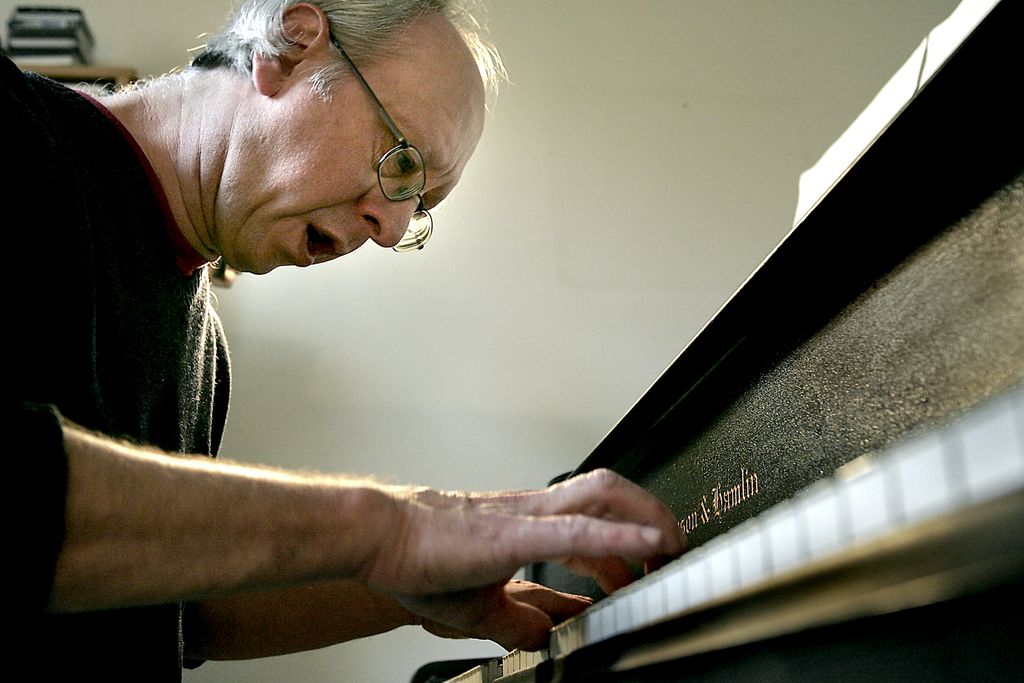I'm absorbed with loss—both the idea and the experience—at the moment. A member of my family is lying in a veteran's hospice center slowly succumbing to cancer. Although our relationship had grown complicated over the past few years, I can't stop thinking about how his presence has shaped small parts of my ethics, personality, and aesthetic, and how those traits will remain after he is gone. While the slow process of his passing is forcing me to confront the personal experience of mourning, of course, I have also found myself meditating on bereavement as a process, and how we deal with the cost of those close to us.
We all mourn the death of friends, family, loved ones, teachers, co-workers, and acquaintances that have, in hindsight, put us on the path of becoming who we are today. Loss is part of the human experience and one we should attempt—as hard as it is—to embrace. Losing someone helps to create the rich relief of living an engaged and emotional life; to not know the feeling of absence caused by a loved one's death is to forgo one of the primary experiences that enhances our humanity.
We can gain something in the process of mourning. The power of missing someone comes from how different the experience is from being with that person. Missing becomes a different kind of knowing; one that can only be born of profound loss. The lack of physical presence opens us to the recognition of positive alterations that person created in the world around us. It is in that recognition that we can celebrate the person we've lost, remind ourselves how they've changed us, and, ultimately, confirm who we want to be.
In a broad sense, this is what SA22 is about as we celebrate the life, teaching, and music of Lee Hyla, who passed away in 2014. A full treatment of his influence is still to be had, but the articles in this issue provide a good start to the process of remembrance and celebration of a warm spirit in music.
I first heard Lee's music by chance. When I moved to New York, I had no money to buy records, so I made the stacks of the Lincoln Center branch of the New York Public Library my vacation home. Zealously, I made it my mission to listen, in alphabetical order, to every disc they had. And, because my energy for the project was still going strong when I hit the letter H, I found myself the proud “renter” of a cracked-cased version of Lee's recording We Speak Etruscan on New World Records. Much to NYPL's chagrin that disc ultimately became egregiously overdue. Finally, I made a cassette dub and—grudgingly—did the right thing by returning it.
At the time that I heard We Speak Etruscan, I was looking for an indescribable something in music. I knew it wasn't in the jazz I was listening to, and I hadn't yet found it in contemporary classical music, or any other kind of music for that matter. There was energy and a rigor to Lee's music that didn't necessarily define what I was searching for but showed me that it did, indeed, exist. That record awakened a desire in me for a splash of formal rigor in my chaos, and that was a realization that still affects the way I think about music.
I never met Lee but, after finally buying my own copy of We Speak Etruscan, I found his name coming up in conversations with friends and colleagues as being a certain kind of influence on them. I use these terms, admittedly abstract, because no one was ever able to provide me with a more exact description. This is what I gathered :
He wasn't a guru; he was more interested in his students being like themselves than a copy of him.
He wasn't a method; he was open to everything and everyone, as long as it was true to the person doing it and being done at the highest possible level.
He was an iconoclast; he found a path between minimalism, rock, free jazz, and high modernist concert music that was completely his own.
He was the best mix of musical lexicon/cheerleader/life coach; a person interested in supporting the existence of incredible things by nurturing the people that wanted to make them.
This is an admittedly shallow list and, as you read further, you will find more experience, more insight, and more love from those that knew Lee best. Speaking of which, this issue was guest edited by Shawn Jaeger, with guidance from Lee's widow, Katherine Desjardins. It will become clear that it was a labor of love for each of them, as well as for the writers who contributed to Lee's celebration. This issue contains a range of remembrances from the anecdotal, and hilarious, to the rigorously analytic. An issue like this allows outsiders—a category in which, in this case, I include myself—the chance to enter the world of an artist like Lee through his work and his thinking. But most importantly, it allows us to see how he affected the lives of those with whom he came into contact. These remembrances give us a chance to get to know Lee by letting us take part in the mourning process with those that were close to him.
The rest of this issue is also, tangentially, wrapped up in loss. All of the Sites of Formation articles focus upon an important musical figure lost to us, with the exception of Rick Moody's essay on Stephen Malkmus, which explores a different kind of mourning. The remaining pieces celebrate a new generation of composers and performers in candid discussion of how they think, work, and possibly change a part of the world's hearing in the same way Lee did. I hope this issue brings you closer to the music of Lee Hyla, helps you find a new voice to listen to intently, and helps you remember those lost.













